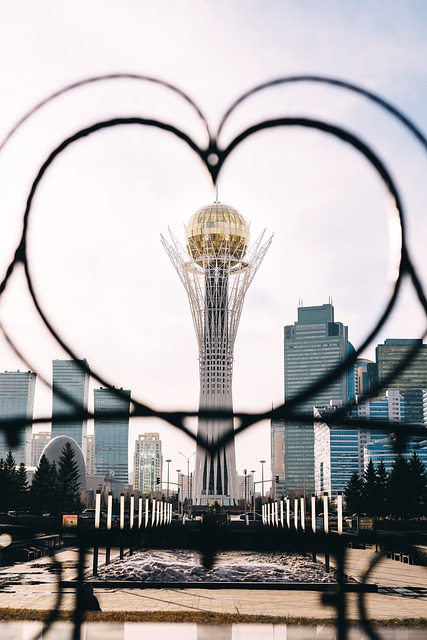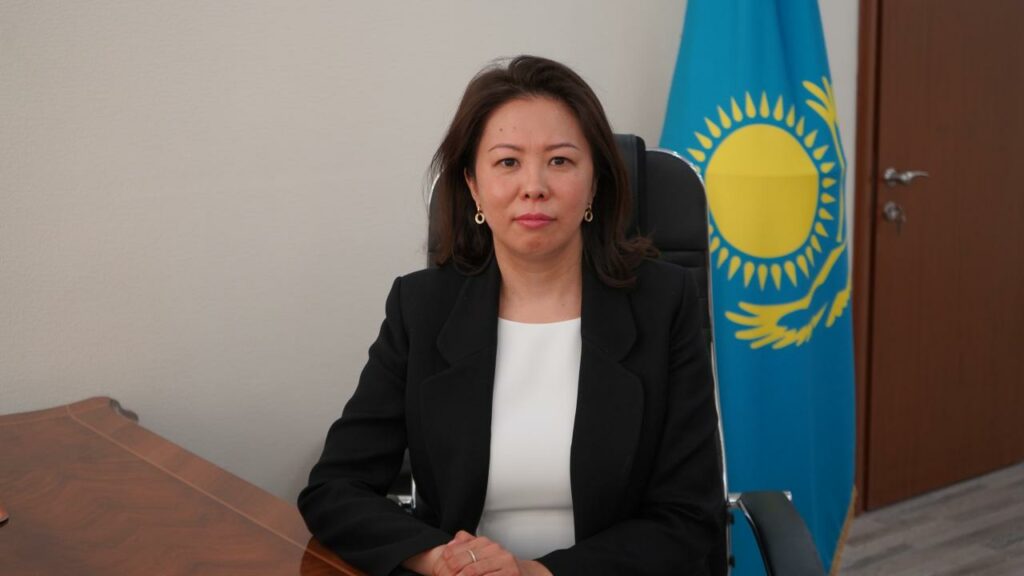Universal Periodic Reviews and Kazakhstan’s Commitment to Strengthening Human Rights Protection Mechanisms
By Botagoz Zhakselekova
Published on July 23, 2023

Through its active participation in the Universal Periodic Review of Human Rights (UPR), a well-established mechanism provided by the United Nations, Kazakhstan has not only assessed its own human rights situation but has also gained useful tool to elaborate and implement relevant reforms to foster a more inclusive and just society.
Established in 2006, the UPR serves as a platform for member states to assess and improve their human rights situation. Conducted every four and a half years during the session of the Working Group of the Geneva-based Human Rights Council, this interactive dialogue allows for the formulation of conclusions and recommendations. The final report adopted by the Human Rights Council includes an assessment of the human rights situation in the reviewed state, as well as an exchange of best practices and voluntary commitments made by the state.
Kazakhstan, as a member state, has embraced the UPR process and used it as a catalyst for change. The country has implemented reforms across various areas, ranging from combating corruption to administration of justice, health protection, support for families and children, social security, education, children’s rights, rights of persons with disabilities, and freedom of thought, conscience, and religion. These reforms have been based on recommendations received through the UPR process, underscoring Kazakhstan’s commitment to improving human rights.
One noteworthy initiative undertaken by Kazakhstan is the establishment of the National Council of Public Trust, which later transformed into the National Kurultai (Congress). Comprising renowned human rights organizations, lawyers, economists, independent experts and civil servants, this institutional platform aims to increase public participation in the country’s governance. By engaging various stakeholders, Kazakhstan is fostering a more inclusive and participatory decision-making process, ensuring that the voices of civil society are heard and listened to.
Furthermore, Kazakhstan has ratified the Convention on the Rights of Persons with Disabilities and its Optional Protocol, demonstrating its dedication to complying with international standards and recognizing the competence of the UN Commission on the Rights of Persons with Disabilities. The country has also strengthened cooperation with non-governmental organizations and expanded the now-Constitutional mandate of the Commissioner for Human Rights, further cementing its commitment to human rights protection.
Kazakhstan’s recent strides in abolishing the death penalty have been remarkable. Following the ratification of the Second Optional Protocol to the International Covenant on Civil and Political Rights, we have completely eliminated capital punishment from our laws and fixed this position in our Constitution amended in the nationwide referendum in June 2022.
Additionally, Kazakhstan has lifted the last remaining restrictions on the use of women’s labour in certain professions and guaranteed the exercise of freedom of speech through the implementation of the notification principle for peaceful assemblies.
The UPR process has played a pivotal role in guiding Kazakhstan’s efforts and ensuring accountability in its human rights practices. By actively engaging in the UPR process, it has demonstrated its commitment to upholding human rights standards and creating a society where all individuals are treated with dignity and respect. The country’s dedication to implementing recommendations received through the UPR process showcases its willingness to continuously improve its policies and practices.
As a responsible member of the United Nations, Kazakhstan recognizes the significance of the UPR in promoting human rights, peace, and sustainable development. Through its consistent reforms and initiatives, its government seeks to fulfill its international commitments and use high standards set by the UN Human Rights Council to secure decent life for our people. By incorporating the UPR recommendations and actively working towards their implementation, we hope to pave the way for a better future, where human rights are respected and protected for all.
The Author

The author is Vice Minister of Justice of Kazakhstan


